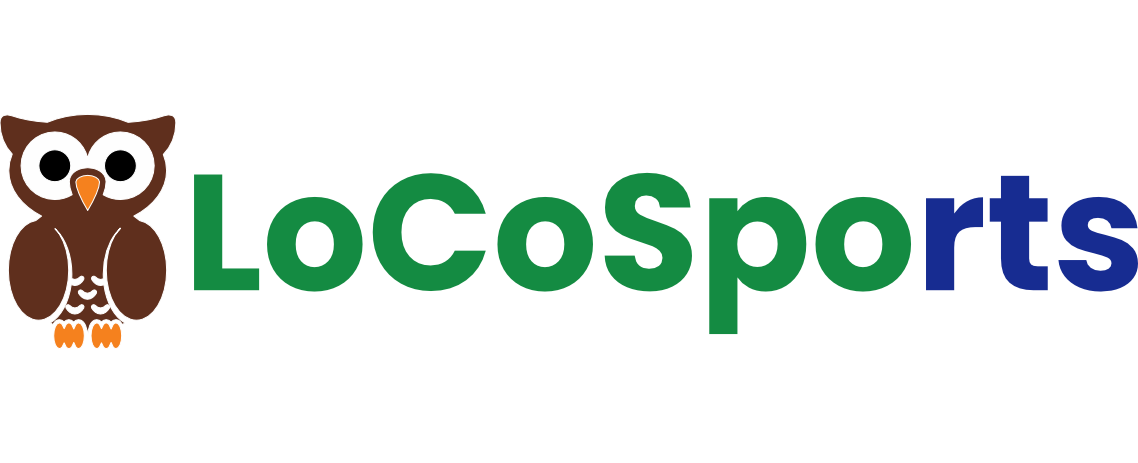Loudoun County, Va. — On occasion, student-athletes get their scholarships revoked because of their actions on social media. In 2014, a couple of Division I football coaches publicly dropped a pair of recruits because of things the recruits had posted online. Fast forward four years, and some things still haven’t changed.
In early July 2018, the wrestling team at California Polytechnic State University withdrew a scholarship offer from recent high school graduate Bronson Harmon after a video surfaced of him yelling an anti-gay slur at a rally in Modesto, California.
Scholarship reversals like this are more isolated than you might think. In general, prospective student-athletes have gotten smarter on social media. High school coaches, teachers, administrators and parents spend time educating students about the potential consequences of hateful, obscene and inappropriate behavior online. While training prospective student-athletes on how to present themselves online looks good on the facade, it disguises the real issue at hand.
If the video of Harmon yelling the anti-gay slur never surfaced online, would he still be on scholarship at Cal Poly? More than likely. But would a lack of evidence mean Harmon didn’t actually feel and think the hateful things he yelled? Probably not.
Social media hasn’t caused hatred — it has simply amplified it.
Since the birth of mainstream social media in the mid-2000s, users have been able to share their voices to a much bigger audience than they ever could before. Facebook has more than two billion active monthly users. Instagram currently hovers around one billion, and Twitter has north of 340 million. For reference, China – the most populous country in the world – has about 1.38 billion people; if Facebook was its own country, it would be the largest in the world.
But even with its vast reach, social media isn’t the problem.
Hate planted its roots on Earth centuries before Mark Zuckerberg introduced his college networking site to Harvard. And unfortunately, without the proper guidance, hate will be here long after Facebook fades into our memories.
We should absolutely be educating prospective student-athletes – and people in general – about how to appropriately use social media. But, more importantly, we should be cultivating conversations around how discrimination and hatred hold us back.
In the athletic community, athletes are always told they need to get bigger, faster and stronger. It’s time we start pushing student-athletes to get bigger, faster, stronger and kinder.
If you want to join the conversation, use #SocialMediaRecruits on Twitter or Facebook.







